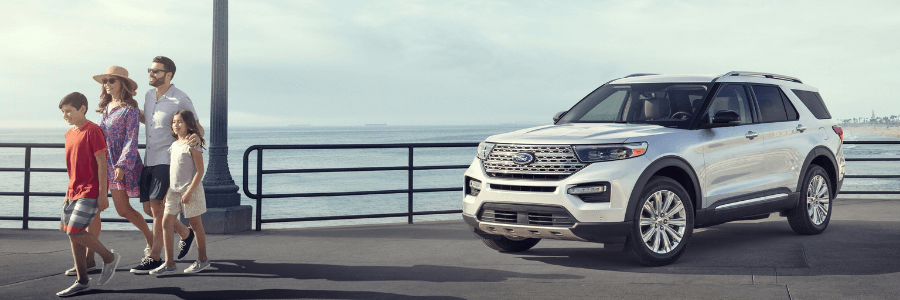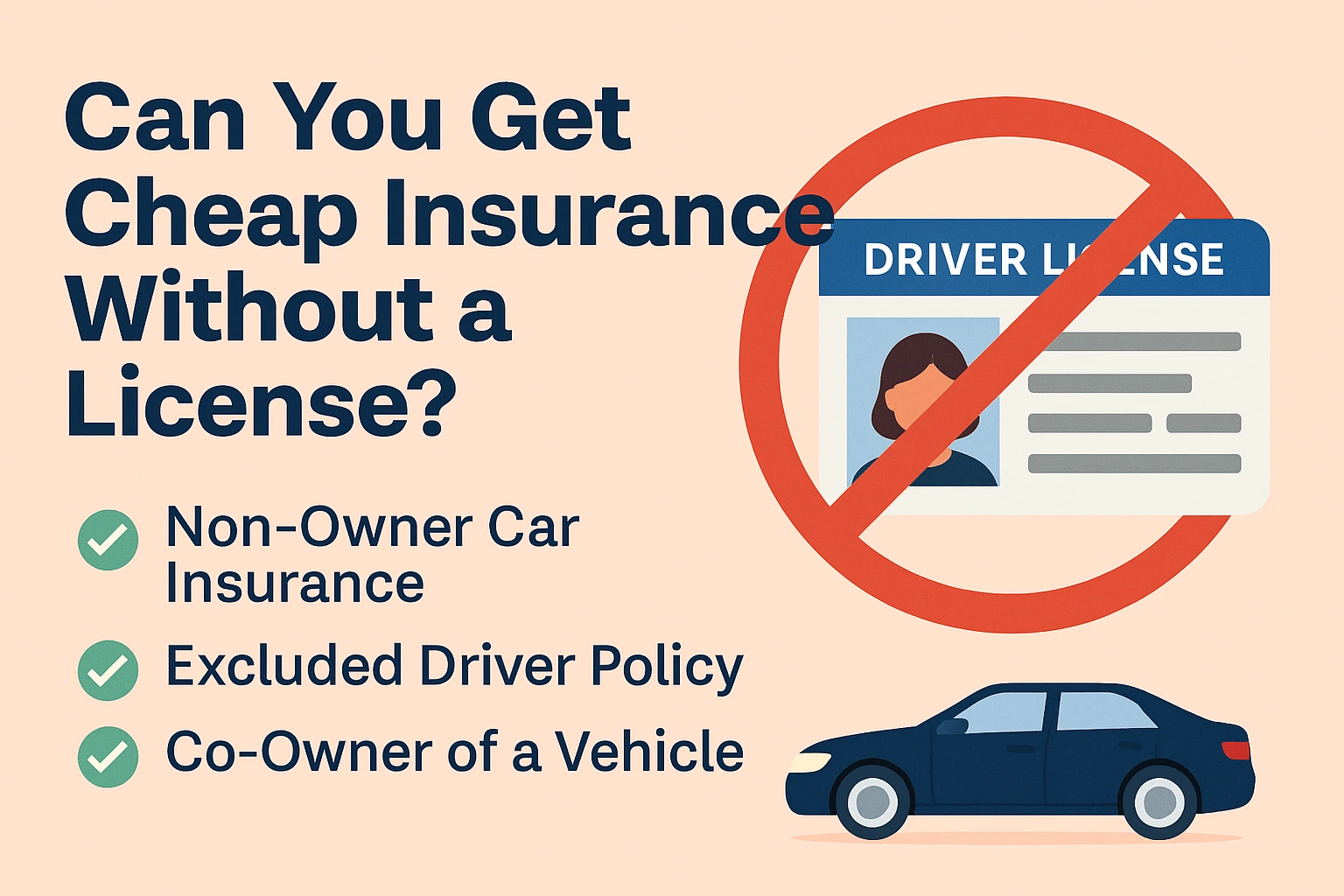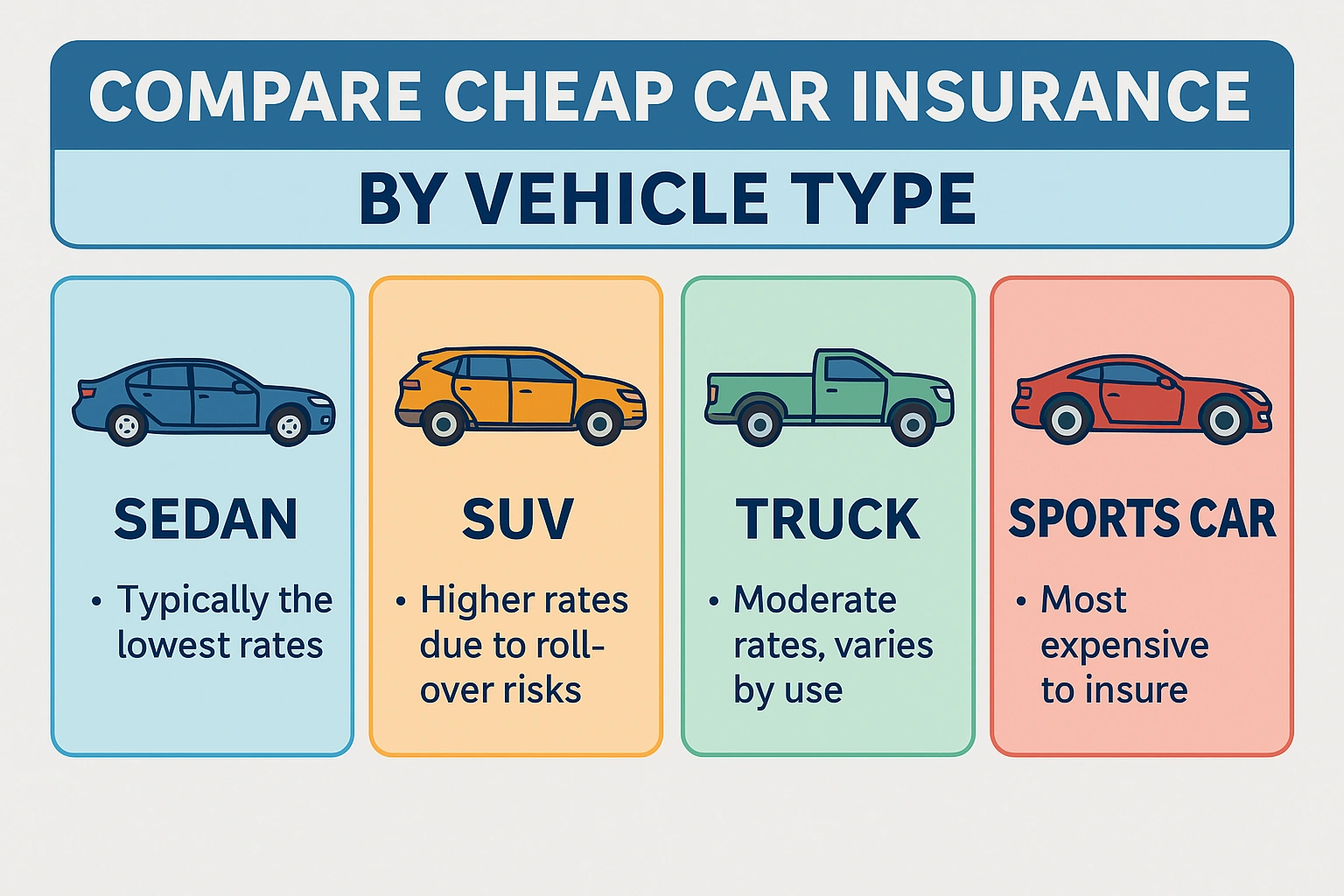It might seem counterintuitive, but many people ask: Can you get car insurance without a driver’s license? The answer is yes — but there’s a catch. While getting coverage without a valid license is possible, it’s not always easy, and it’s rarely cheap unless you know how to navigate the system.
In this guide, we’ll explore the reasons someone might need insurance without a license, the challenges involved, and how to find the most affordable policy in 2025.
Why Would Someone Need Car Insurance Without a License?
There are several legitimate reasons a person may need insurance without currently holding a valid license:
- You own a vehicle but can’t drive it (e.g., medical condition, senior status)
- You’re buying a car for someone else (e.g., a teenager or caregiver)
- You’ve had your license suspended but still need SR-22 coverage
- You’re maintaining a collectible car that stays off the road
- You’re in the process of getting your license (new drivers)
In any of these scenarios, having valid insurance may be required to register the vehicle, avoid a lapse in coverage, or protect yourself legally and financially.
Can You Get Cheap Insurance Without a License?
Getting insured without a license is possible — but finding a cheap policy can be difficult. Here’s why:
- Insurers rely on your license number to assess risk
- No license = no driving record = higher risk profile
- Some carriers won’t write policies without a license at all
However, there are ways to reduce your premium — even without a license.
Tips to Get Affordable Insurance Without a License
1. List a Licensed Primary Driver
If you won’t be driving the vehicle, name someone else (a spouse, child, or caregiver) as the primary driver. You remain the policyholder, but the risk is rated based on their record — not yours.
2. Use a Comparison Tool
Many online tools don’t ask for a license upfront. You can get preliminary quotes and filter by insurers who accept non-licensed applicants.
3. Opt for Storage Insurance
If the car won’t be driven, choose comprehensive-only coverage. It protects against theft, fire, or damage while the car is in storage — and costs far less than standard policies.
4. Work With a High-Risk or Specialty Insurer
Some insurers specialize in nonstandard or high-risk profiles — including unlicensed drivers or those needing SR-22 filings.
5. Prepare Documentation
Insurers may ask for alternative forms of ID (like a state ID or passport), proof of ownership, and reasons for needing coverage. Be ready to explain your situation clearly.
Best Companies That Offer Insurance Without a License
- Progressive: May allow unlicensed policyholders with a listed driver
- The General: Known for high-risk and nonstandard coverage
- Acceptance Insurance: Offers flexible policies and SR-22 filings
- National General: Works with unconventional insurance situations
- Local or regional agents: May have more flexibility than national brands
Final Thoughts
You don’t need a license to get car insurance — but you do need to know how the system works. Whether you’re in between licenses, helping insure someone else, or storing a vehicle long-term, there are policies that can protect your property and your liability.
To get the cheapest rates possible, compare quotes, list a licensed driver if possible, and explore insurers who specialize in flexible coverage.




